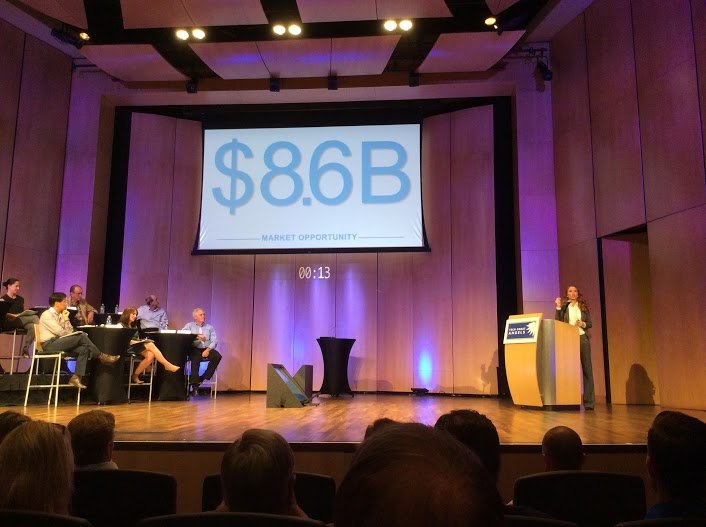Inside The 2016 Tech Coast Angels 10th Anniversary Quick Pitch Event

It’s no secret, the Tech Coast Angels is one of the largest, if not THE largest angel investor group in the nation. “Consisting of experienced CEOs, senior executives, current and former entrepreneurs, venture capitalists and other professionals, members have invested over $180 million in more than 300 companies and have helped entrepreneurs attract more than […]
Tech Focused ‘Super Schools’ to Rethink High School Education in the U.S.

XQ: The Super School Project infused with $50Million Dollars of Steve Job’s fortune intends to redefine traditional U.S. high school education. The team based competition encourages applicants to reimagine and modernize public education. “To create the future, we must first imagine it.” The project intends to build and support 5-10 Super Schools to better fit […]
Furry Innovation: Pets Are Startup Businesses New Best Friends

It’s no denying it, we love our pets and we’re willing to spend countless amounts of money in order to enhance their health, happiness, and even appearance. According to the American Pet Products Association an estimated $58.5 billion was spent on pets in 2014. With nearly $330 million on pet costumes for Halloween alone. From […]
The White House Challenges Inequity In Startup Tech

On Tuesday August 4, 2015 President Obama hosted the first-ever White House Demo Day. The Demo Day was a chance for 90 entrepreneurs from over 30 diverse companies across the country to share their entrepreneurial journey. Conversations centered around empowering underrepresented entrepreneurs and encouraging venture capital firms and Tech Giants to invest women and minority […]
San Diego High-Tech Startup Scene Booms

In March of last year Forbes Magazine named San Diego the best city to start a business in 2014. Apparently the magazine was onto something, as demonstrated in the recently released San Diego Innovation Report by Connect. According to the report, which tracks and compares economic data in the region from the past year and […]
Artificial Intelligence: The Trend For Tech Startups

Looking to get funded in 2015? Why not add some elements of the “The Terminator” & “The Matrix” to your Startup Business model. Funding increased 302% for Artificial Intelligence (AI) Startups in 2014. Pouring in over $309.2 million in over 40 deals. That’s more than 20-fold in just 4 years from $14.9 million in 2010. […]
How To Define a Small Business Vs. a High-Growth Startup

Difference between a Small Business and a High-Growth Startup A startup business differs from a small business in one primary aspect: Growth. A startup company, also referred to as a high-growth startup, is a company with a business model that is designed to be repeatable and scalable. This is directly opposed to a small business […]
How To Raise Startup Capital In 120 Seconds

7 key takeaways from the Tech Coast Angels Quick Pitch Finals 2014. Think of a quick pitch as you would a movie trailer. 1) A quick pitch should serve as a teaser of what’s exciting and noteworthy to come next. The intention of a 2 minute pitch is to deliver a heavy dose of substance, […]
San Diego Startup Events July Wrap-Up

CyberTech & CyberHive — IoT Pitch Night Monthly Free monthly event hosted by CyberHive, an incubator and shared working space dedicated to cyber security and high tech companies — this “pitchfest” gave 7 different companies the floor to present for 3 minutes (and not a second longer) in front of a panel of judges and […]
7 Notable Investor Insights of the Month

Straight from the investors mouth. 7 top insights from investors around the globe. 1. Marc Andreessen @pmarca Twitter Investor “The biggest misconception 1st time founders have is that they will always stay aligned with their the co-founders.” 2. Reid Hoffman @reidhoffman Facebook Investor “We’ve moved from the information age to the networked age. Are […]

